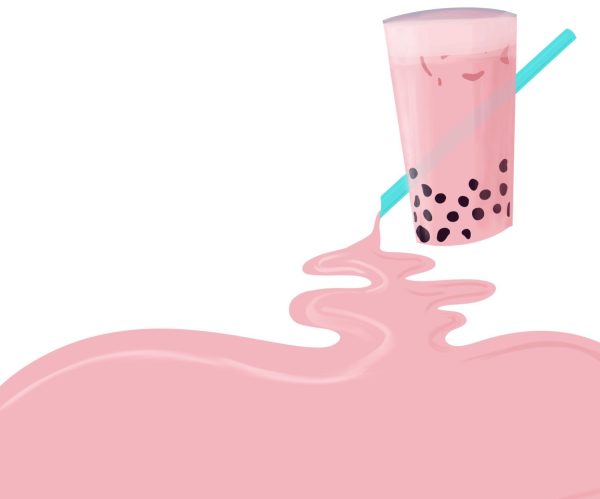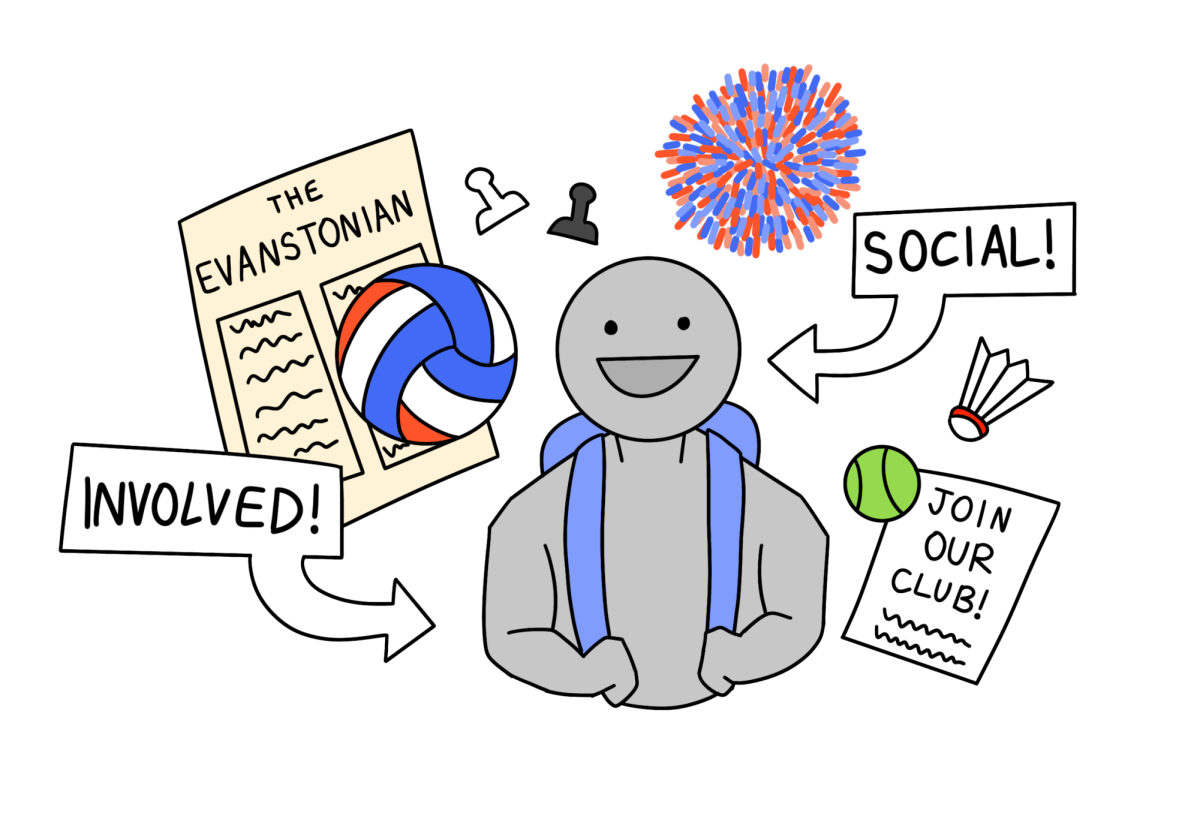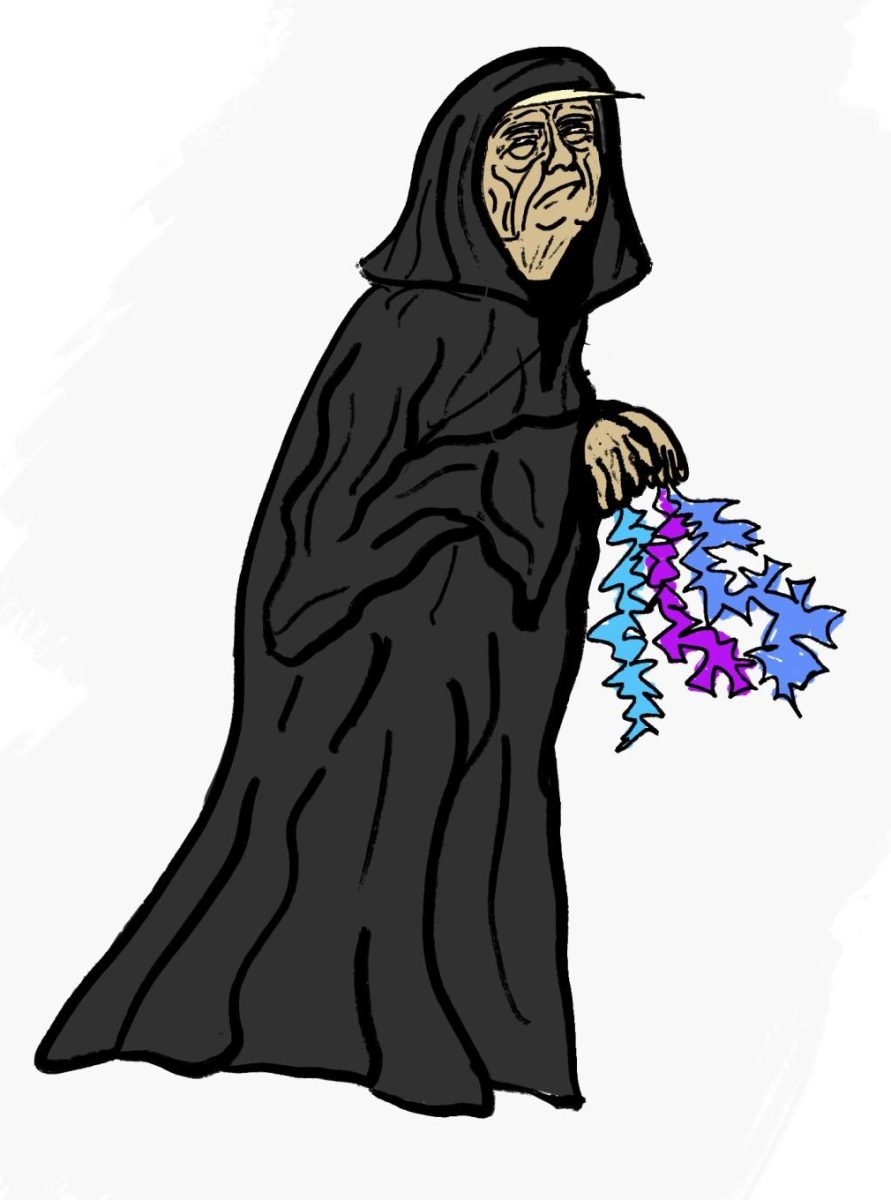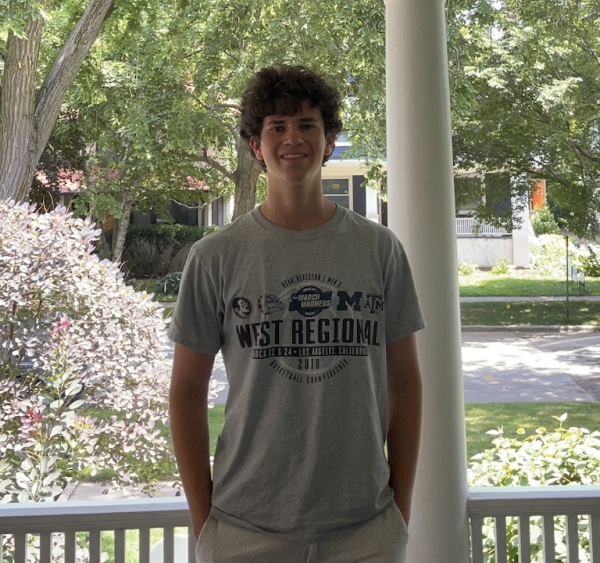Whether you are an avid boba drinker, know one or have overheard Northwestern University students talking about where they should go on their next boba adventure, you definitely have not missed seeing a boba store in Evanston. They are on every corner, almost literally.
Over the course of my lifetime, Boba has surged both in Evanston and around the world. While I do enjoy drinking bubble tea every now and then, I find it a little strange that there are so many boba places in Evanston, surviving with so much competition. I wanted to get to the bottom of this.
Now, I want to set a precedent for this article: The health content of bubble tea is not the biggest problem with this industry. Rather, the problem for me is that there is a disproportionate amount of bubble tea places to any other comparable industry right now. This is a problem for many reasons, and Evanston has directly felt the effects of this.
With the bubble tea industry rising to the surface in the last few years, teenagers and college students are the primary buyers of the drink. Given the demographics of boba drinkers, obviously, a primary catalyst of Evanston being a compelling bubble tea location is Northwestern University. To attract college kids inside bubble tea stores, many owners in Evanston give discounts to Northwestern students to make the drink all the more appealing.
“I think that boba is a pretty big thing at Northwestern. Walking downtown, I notice a lot of other students who go to boba places or have boba. There are even people in my friends’ classes who show up to class with boba everyday,” says Lucy Gallun, a Northwestern junior, who graduated from ETHS in 2021.
Bubble tea has been popularized at unbelievable speeds. While the drink was first introduced in Taiwan in the ‘80s, it hadn’t become prevalent in our society up until very recently. Aside from Joy Yee, which was the first store in the midwest to offer bubble tea back in 1994, Evanston’s boba market has really sprouted up in the last ten years. Evanston favorites Happy Lemon, Möge Tee, Tealicious Bubble and many others have all opened in the past five years.
Seemingly, with every one of these new openings, an old establishment becomes history in Evanston. Throughout the last few years, Evanston residents have seen some of their favorite places shut down. Andy’s Frozen Custard, my favorite ice cream place, closed in March of 2020. While this was right at the beginning of national shutdowns in the U.S., Andy’s was planning on closing before COVID-19 even reached the country. This closing surprised many Evanstonians and raised questions about the high rent costs in downtown Evanston. If Andy’s, a place that seemed like the line was out the door every time you went, couldn’t survive, then who could?
Other notable establishments that have closed down in the past few years include Flat Top Grill, Jamba Juice, Tommy Nevins and Found. For many Evanston residents, this change has been disappointing. Over the last 10 years, our main forum, downtown Evanston, has been a mess of absurd rent prices and a lack of consumers. Barnes and Nobles, an old staple, has turned into a Northwestern Medicine. Other than if your nose is runny, this isn’t an ideal filling of a prime spot in downtown Evanston.
According to a survey by The Center Square in June, 2023, 42 percent of Illinois small businesses could not pay their rent in that month. When small businesses in Illinois are already struggling to make ends meet, the bubble tea industry is another obstacle that owners have to compete against.
“I feel like there have been a lot more boba places popping up, which, as an Evanston resident, can be sad to see. Especially when so many stores I grew up going to are being closed down and replaced with other more ‘trendy’ places, some of them being boba shops,” Gallun states.
One of the main reasons for the rise of the bubble tea industry is the low cost of running a boba shop. Due to cheap powders and artificial flavoring, an average cup of bubble tea costs producers about 75 cents to make, according to Budget Branders.
Another reason why bubble tea is a cheap business to run is because it doesn’t require a very big space. The operating space does not need to be huge because making a boba drink is a relatively simple task. Also, there does not need to be a big lounging area for buyers to drink their tea because the majority of drinkers grab and go with their drink.
Social media has also played a big role in bubble tea’s success in the U.S. Boba is marketed as trendy and fashionable, leading to many people posting and reposting about their bubble tea experience.
Now that we understand why bubble tea is so popular in Evanston, another question arises– are the different bubble tea places cannibalizing each other? If there are so many bubble tea places in Evanston, one would think that eventually the market wouldn’t be big enough to support every establishment. Isabel Yi, another junior at Northwestern University, believes that if a store doesn’t have good boba, it won’t survive in the current climate.
“I think there has to be a balance. If there are too many places, then it’s too oversaturated. There was a place called Boba Heaven which opened and closed recently. I went there, and it was okay, not anything better than the existing boba places, so I think that is why it closed quickly,” said Yi.
As a small, local boba chain with stores open around the Chicago area, Boba Heaven could not compete early in the process with Evanston’s hot boba market. The store was never able to really get off the ground and introduce new, more appealing products to attract boba lovers.
This brings me to my last problem, one that most Evanstonians would have a problem with if properly informed.
The majority of the bubble tea places in Evanston are national and even global chains. Happy Lemon has over 350 stores globally. Kung-Fu tea has over 350 stores in the United States alone. Ume Tea, a new boba place that opened up last month, is also one of the biggest bubble tea stores in the U.S.
If you think that all of the new bubble tea shops opening in Evanston are small businesses trying to get off the ground, you are deeply mistaken. Most of these locations are some of the largest corporations in the $3 billion industry.
While bubble tea is delicious and appealing and Northwestern students love it, it clearly raises a problem in Evanston. The industry is hurting small businesses in Evanston, crushing classics and driving up the rent. Massive corporations are filling our storefronts and slowly killing the charm that downtown Evanston once had.





